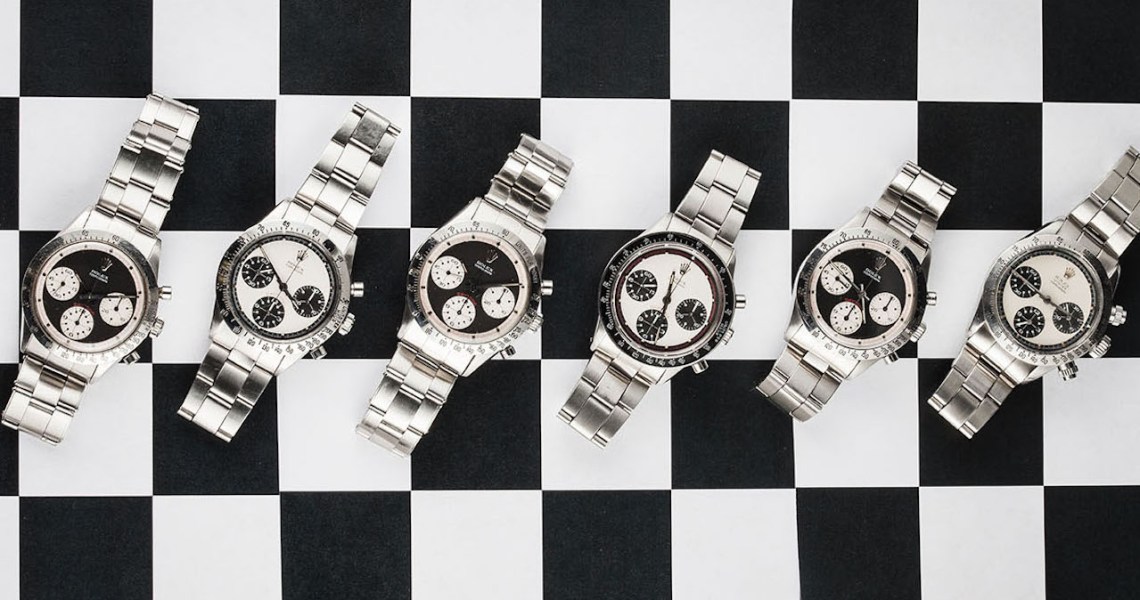The luxury fashion industry has often billed its products as more than just purchases, but also assets. Watch collectors sometimes refer to their collections as “portfolios,” full of assets that can hold value over time and even appreciate in value.
But recent events have shaken confidence in the idea of investing in alternative assets. When the FTX cryptocurrency exchange collapsed in early November, users lost billions of dollars collectively. At the same time, the worsening American economy and rising inflation means the average American consumer is in a tough financial situation. As other investments and assets like NFTs are trending lower than ever, can luxury fashion still hold the appeal as a safe asset to invest in?
Many resellers say yes. Tirath Kamdar, general manager of luxury at eBay, said a big part of eBay’s appeal to luxury consumers is that they can buy something for a good value and resell it at a later date to recoup some or most of the original costs. In a survey of its users that eBay conducted earlier this month, 85% said they saw luxury items like watches as safer and less volatile assets to invest in, “compared to other assets.”
”A lot of our customers see luxury as a currency,” Kamdar said. “We grew over previous recessions, and Bain is still reporting [the luxury industry will grow] throughout this year.”
But there’s a caveat. For luxury items to be safe assets, the customer has to be knowledgeable about what they’re buying, Kamdar said.
To that end, eBay has a pricing tool called Terapeak that it made free to all users last year, letting them see the current retail price, historic resale price and listing history for products. It’s meant to be helpful for both sellers and buyers to understand what they’re buying, how well it holds value and what its future value might be. The handbag reseller Rebag has a similar tool called Clair that customers can use to estimate the resale value of any bag before purchase.
“Specific categories like watches and handbags have the highest chance to appreciate over time, but they require a lot of customer knowledge,” said Yuriy Dovzhansky, principal at Visible Ventures, which has invested in resale companies like Recurate.
Handbags are comparable to watches in this regard, but only for specific brands. While many luxury Swiss watch brands can be value-holding assets — including Rolex, Patek Phillipe, Omega, Panerai and Tag Heuer — only three handbag brands have the same qualities — Hermés, Chanel and Louis Vuitton — according to secondhand luxury platform LePrix.
Beyond education, the other factor is whether or not those prices are holding up. Tim Stracke, founder and co-CEO of the watch trading marketplace Chrono24, said he recently attended an investor’s conference where an investor told him his watch portfolio was outperforming his stock portfolio at the moment.
“Watches are a stable asset,” Stracke said. “You could buy a Rolex straight from the brand and instantly be able to resell it for more than you paid. Although that’s also because it’s impossible to get a Rolex on the primary market right now. The waitlist is years long.”
But even watches are not totally immune to market conditions. Prices of watches when bought straight from the brand have continued to rise as much as 10% this year, tracking with inflation and accounting for the increased costs of production. But in the secondary market, watch prices are actually declining, dropping by around 2% in September, according to the watch market tracker WatchCharts.
“Watch prices on the secondary market are declining,” Dovzhanksy said. “It’s a pretty significant dip. There is definitely some volatility there. If you’re really knowledgeable, that’s great, but I wouldn’t say it’s my top recommendation for the safest investment.”
For some in the luxury space, luxury assets are still preferable to the unregulated volatility of the crypto market.
“I’ve had clients who bought rings from us back in 2019 come back in this year for a reappraisal because the value of diamonds has gone up a lot recently,” said Olivia Landau, founder and CEO of fine jewelry and diamond brand The Clear Cut. “People are interested in old-school investments like gold or diamonds because they’ve seen how crypto and NFTs treated everyone.”




